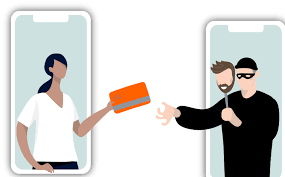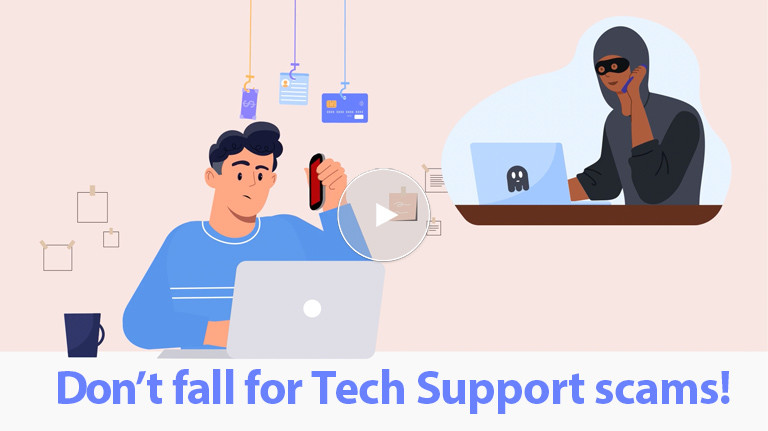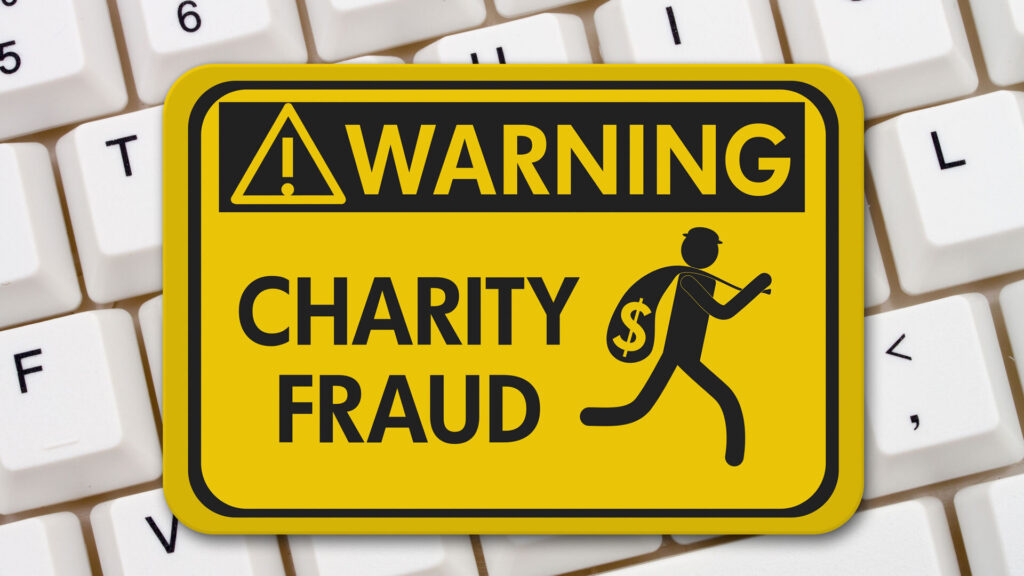
In today’s digital age, where technology connects us more than ever, there’s a downside: an increase in financial scams and identity theft. Scammers are becoming more sophisticated, preying on unsuspecting individuals and draining their bank accounts while stealing their identities. It’s crucial to stay informed and vigilant to protect yourself from falling victim to these fraudulent schemes. In this article, we’ll uncover 30 common scams that could jeopardize your financial security and provide tips on how to avoid them.
Phishing Scams: The Bait and Hook

Phishing scams involve fraudulent emails, texts, or calls that appear to be from legitimate organizations, aiming to trick recipients into revealing sensitive information such as passwords, credit card numbers, or social security numbers. These scammers use clever tactics to deceive unsuspecting victims into clicking on malicious links or providing personal information, putting their finances at risk.
Fake Job Opportunities: Beware of Employment Scams

With the rise of online job postings, scammers often pose as employers offering lucrative job opportunities to lure job seekers. These fake job postings may require upfront payment for training or equipment, or they may ask for personal information under the guise of a job application. Always research the company and verify the job offer before providing any sensitive information or making any payments.
Romance Scams: Love Isn’t Always What It Seems

Romance scams prey on individuals seeking companionship online. Scammers create fake profiles on dating websites or social media platforms, establishing emotional connections with their victims before requesting money for various reasons, such as medical emergencies or travel expenses. Be cautious when communicating with strangers online and never send money to someone you haven’t met in person.
Investment Scams: High Returns, High Risks

Investment scams promise high returns with little to no risk, enticing investors to pour their money into fraudulent schemes. These scams often use persuasive tactics and false promises to convince victims to invest in nonexistent or high-risk ventures. Always research investment opportunities thoroughly and seek advice from a trusted financial advisor before making any investment decisions.
Lottery and Sweepstakes Scams: You Haven’t Won Anything

Lottery and sweepstakes scams inform recipients that they’ve won a prize but require them to pay taxes or fees upfront to claim their winnings. These scams often target vulnerable individuals, such as older people, promising large sums of money or valuable prizes in exchange for personal information or payments. Remember, legitimate lotteries and sweepstakes never require payment to claim prizes.
Tech Support Scams: Don’t Fall for Fake Fixes

Tech support scams involve scammers posing as legitimate tech support representatives, contacting individuals to inform them of nonexistent computer problems and offering to fix them for a fee. These scams often involve remote access to the victim’s computer, allowing scammers to install malicious software or steal personal information. Never give control of your computer to someone you don’t know and trust.
Charity Scams: Verify Before You Donate

Charity scams exploit people’s generosity by posing as legitimate charitable organizations soliciting donations for worthy causes. These scams often use emotional appeals or urgent requests for assistance to convince victims to donate money or provide personal information. Before donating to any charity, research the organization and verify its legitimacy to ensure your donation reaches those in need.
Identity Theft: Guard Your Personal Information

Identity theft occurs when someone steals your personal information, such as your social security number or credit card details, to commit fraud or other crimes. This can result in financial loss, damage to your credit score, and difficulty resolving fraudulent activity. Protect yourself by safeguarding your personal information, monitoring your financial accounts regularly, and promptly reporting any suspicious activity.
Online Shopping Scams: Shop Smart, Stay Safe

Online shopping scams involve fraudulent websites or sellers offering counterfeit or nonexistent products at discounted prices. These scams may also include fake advertisements or phishing emails designed to steal your payment information. To avoid falling victim to online shopping scams, only shop from reputable websites, use secure payment methods, and be wary of deals that seem too good to be true.
Rental Scams: Verify Before You Pay

Rental scams target individuals searching for housing by advertising fake rental properties at attractive prices. Scammers may request upfront payments or deposits before disappearing with the victim’s money. Always verify the legitimacy of rental listings by researching the property, conducting in-person inspections, and using trusted rental platforms or real estate agents.
Conclusion
Financial scams and identity theft pose serious threats to individuals’ financial security and personal information. By staying informed, vigilant, and skeptical of unsolicited offers or requests for personal information, you can protect yourself from falling victim to these fraudulent schemes. Remember to research, verify, and trust your instincts when it comes to your finances and personal information and save yourself from being a victim of financial scams and identity theft.
READ ALSO: Protecting Your Privacy: Tips to Avoid Falling Victim to WhatsApp Hacks
FAQs
1. How can I recognize a phishing email?
Phishing emails often contain spelling or grammatical errors, urgent requests for personal information, or suspicious links or attachments. Be cautious of unsolicited emails from unknown senders and verify the sender’s identity before responding or clicking on any links.
2. What should I do if I suspect I’ve been a victim of identity theft?
If you suspect you’ve been a victim of identity theft, act quickly to minimize the damage. Contact your financial institutions to report any unauthorized transactions, place a fraud alert on your credit report, and file a report with the Federal Trade Commission (FTC) and local law enforcement.
3. Are there any government resources available to help protect against financial scams?
Yes, the FTC provides resources and information to help consumers recognize and avoid financial scams. Visit their website or call their hotline to report scams, learn about common scams, and access tips for protecting yourself from fraud.
4. How can I verify the legitimacy of a charity before donating?
Before donating to a charity, research its reputation, mission, and financial transparency. Websites like Charity Navigator or GuideStar provide information on nonprofit organizations, including their financial records and ratings.
5. What steps can I take to protect myself from online shopping scams?
To protect yourself from online shopping scams, shop from reputable websites with secure payment methods, use strong, unique passwords for online accounts, and be cautious of deals that seem too good to be true. Additionally, enable two-factor authentication for added security when making online purchases.


